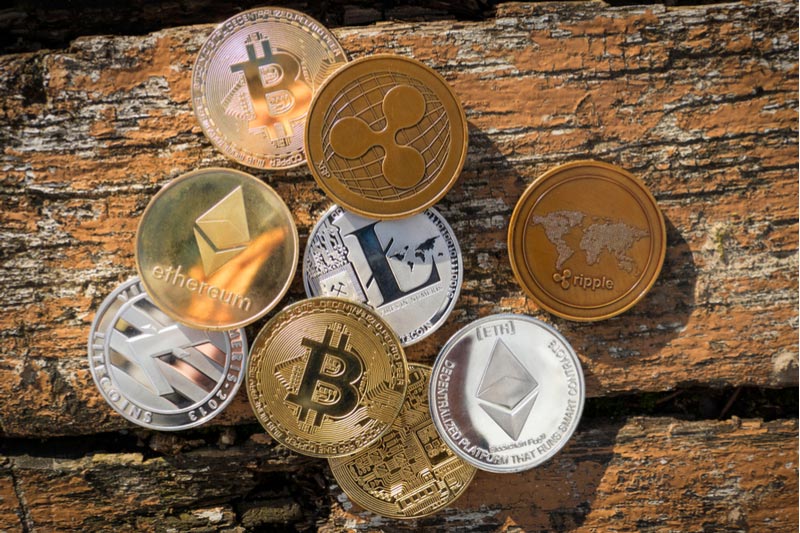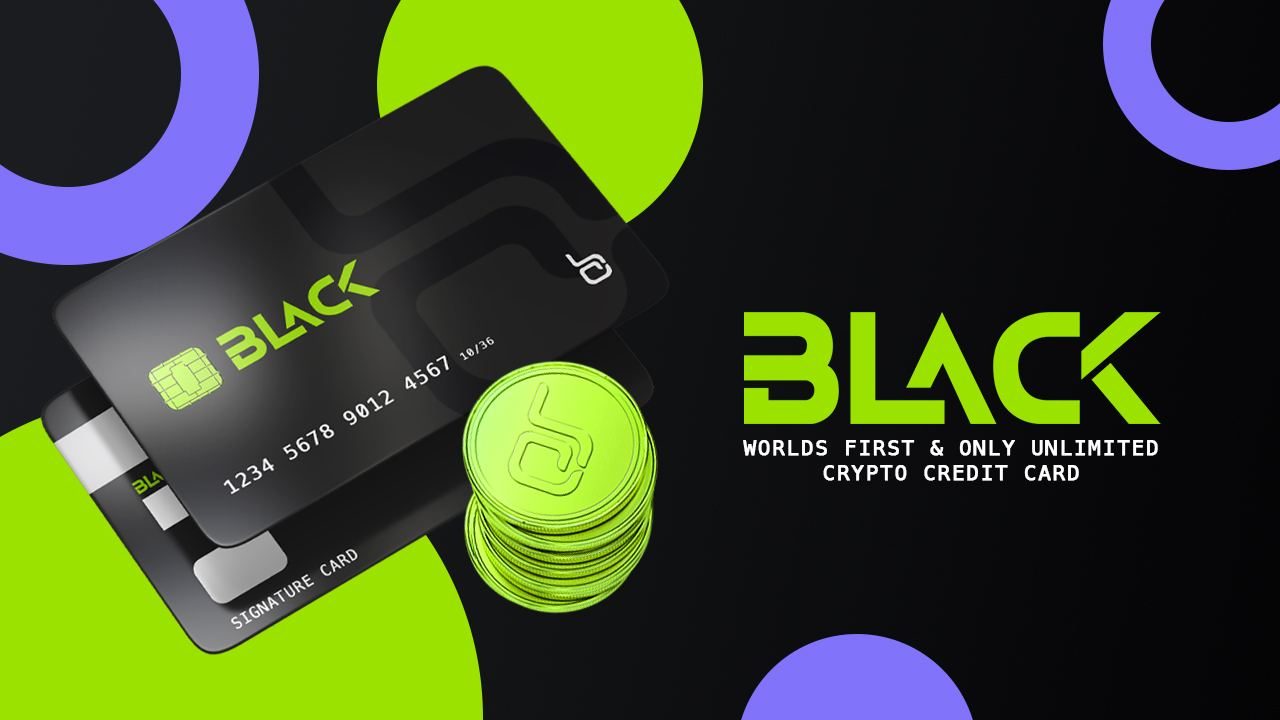The best regulation is self-regulating, 11.-18. October

The best regulation is self-regulating, 11.-18. October. Amid great anticipation of the upcoming approval of an exchange-traded Bitcoin fund, the $ 42 million plus payment from the CFTC with Tether and Bitfinex, and Vladimir Putin muttering about the potential for cryptocurrency value transfers, the past week was saturated with big news Politics. While all of these are examples of government metrics and top-down institutional actions and digital asset claims, arguably even more interesting is a wave that has occurred on the side of the cryptocurrency industry itself.
Two major players in the digital space, Coinbase and a16z (Andreessen Horowitz), have developed a proposed vision for regulating natural economic activity on the Internet.
Below is a short version of this newsletter. For full details on the political developments of the past week, sign up for the full newsletter below.
Promote regulation from below
A16z’s broad proposal represents a vision of Web 3.0 as a technological array for organizing human activities that is essentially decentralized. His policy agenda underscores the need for regulators to create an environment in which Web 3.0-enabled digital infrastructure can thrive and where risks are purposefully addressed.
Coinbase’s framework is more closely aligned with the digital financial sector. In line with a16z’s vision, it advocates the appointment of a separate body (perhaps not the SEC) to oversee the activities of what framer call the digital asset market, digital or MDA.
The enthusiasm for ETFs
A large part of the crypto crowd seems to be bursting with joy at the numerous signals that the SEC will not stand in the way of a Bitcoin ETF. SEC chairman Gary Gensler previously spoke about the level of investor protection Bitcoin ETFs based on BTC futures contracts, rather than “physical” assets, offer.
Gensler’s Sentiment provides a platform against subtle signs like Valkyrie’s Nasdaq certification of Bitcoin Strategy ETF and a suspicious timing by SEC investor Ed tweet made the permit look as good as finished
CBDC never sleeps
Another week, another round of reporting on the advancement of central bank digital currencies from almost every time zone. In the UK, an independent non-profit organization called the Digital Pound Foundation will provide expert advice to the country’s CBDC efforts. In Japan, a central bank official emphasized the need for a simple design of digital yen futures to ensure interoperability with commercial payment systems. Finally, the G7 finance partner discussed basic guidelines on digital national currencies, suggesting that there is enough cross-border coordination to make future megasovent CBDCs fully interoperable.
.
.



















